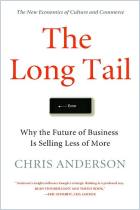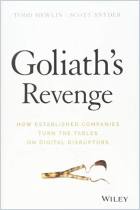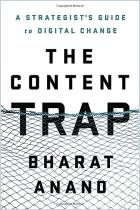
Recommendation
Carnegie Mellon professors Michael D. Smith and Rahul Telang believe the locus of power in the entertainment industry has shifted from large, established content creators like Warner Brothers to online entertainment distributors like Netflix and Amazon. For a century, the traditional “majors” – movie studios, television networks, publishers and record labels – sustained their dominance by relying on their industry’s high barriers to entry and leveraging economies of scale. The rise of digital media and networks in the 21st century made data the portal to power. Online distributors can collect data on every individual subscriber. With this information, they can provide personalized recommendations to subscribers and promote original content directly to fans. Smith and Telang show how the majors could compete in this new environment by adopting and adapting to the data-driven approach. getAbstract recommends this cogent, sober analysis to entertainment executives, content producers and distributors contending with current realities or preparing for the next disruption.
Summary
About the Authors
Michael D. Smith is a professor of information systems and marketing at Carnegie Mellon University’s Heinz College, where Rahul Telang is a professor of information systems and management. They co-direct Carnegie Mellon’s Initiative for Digital Entertainment Analytics.




















Comment on this summary or Iniciar a Discussão